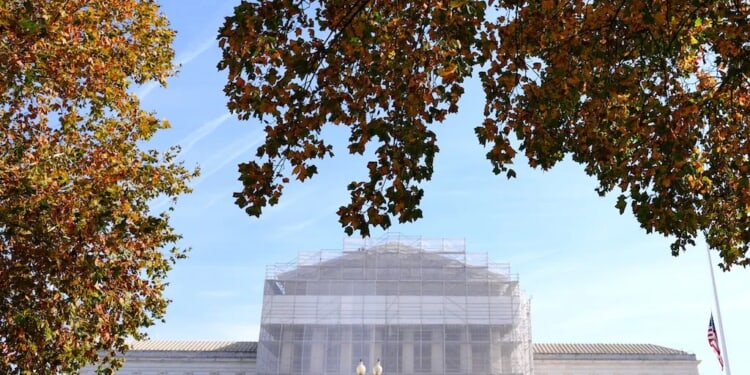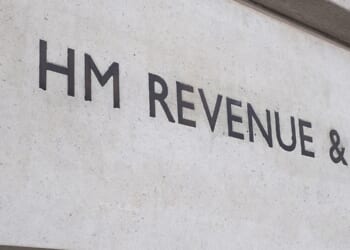The Supreme Court will hear a case challenging the legality of counting mail-in ballots that arrive after Election Day, which could have sweeping implications for laws in more than a dozen states.
The high court on Monday granted the petition to hear Watson v. Republican National Committee, reviewing a Mississippi state law that allows mail ballots received up to five days after Election Day, but which were postmarked by Election Day, to be counted. The RNC sued the state over the law, arguing that it violates a federal statute that designates Election Day as the single day on which elections are held, and therefore must be the day when ballot collection is completed. After the U.S. Court of Appeals for the 5th Circuit sided with the RNC, Louisiana appealed to the high court, which granted the petition Monday.
The question presented to the Supreme Court in the case asks “whether the federal election-day statutes preempt a state law that allows ballots that are cast by federal election day to be received by election officials after that day.”
Louisiana has argued that the state has the right to set its own laws regulating and managing certain aspects of how federal elections are conducted in the state, including counting mail-in ballots received after Election Day.
“The court struck down a state law regulating elections—a matter the Constitution allows States to address—based on stark errors of law,” Louisiana officials said in their brief to the high court. “That decision will have sweeping ramifications. The rule the Fifth Circuit adopted would require scrapping election laws in most States. About 30 States and the District of Columbia accept some ballots that are mailed by election day but received after that day.”
The Supreme Court heard a case last month dealing with whether candidates have standing to sue over state election laws, with the justices questioning when a candidate should be allowed to file such challenges. At the center of that case is a lawsuit over Illinois’s law allowing mail ballots to be counted 14 days after Election Day, as long as the ballot was postmarked by Election Day, but the law itself was not before the high court.
JUSTICE ROBERTS RAISES CONCERNS ABOUT LIMITING CANDIDATE LAWSUITS TO ‘FRAUGHT’ ELECTION TIME
The high court has already heard two cases that could have major implications for future elections this term, including a case that could toss the current framework for race-based redistricting lawsuits. The justices are set to hear arguments next month in a case that could open the floodgates to more campaign spending coordination between candidates and political parties.
The Supreme Court has yet to schedule arguments for Watson v. Republican National Committee.

















